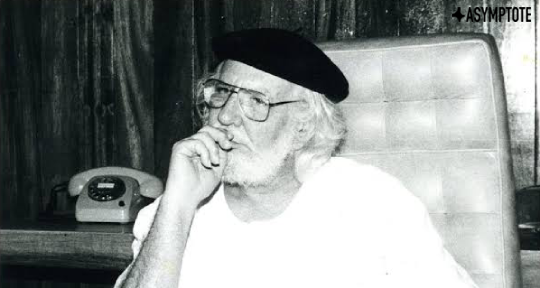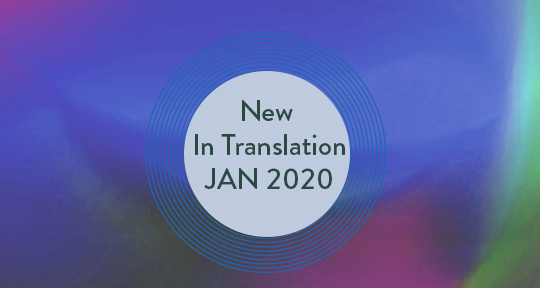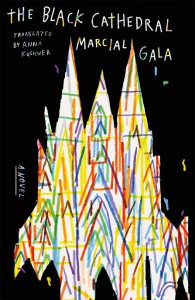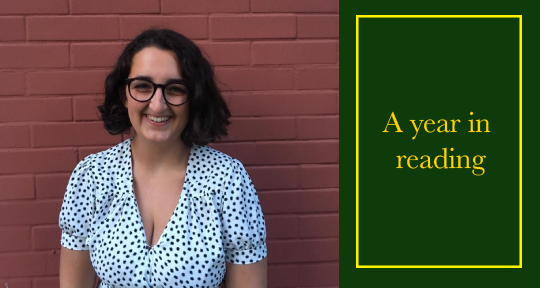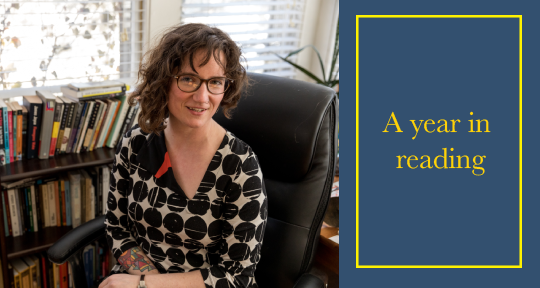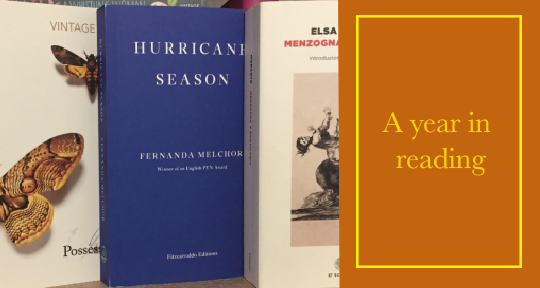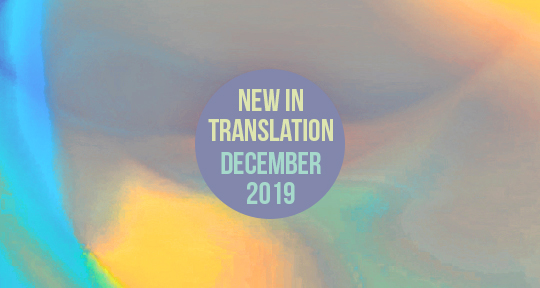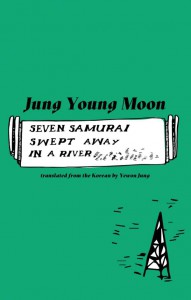The largesse of Latin American poet Ernesto Cardenal’s political and literary accomplishments is the result of a prolific lifetime of honouring and devoting himself to the humanity of writing. A living legend of Spanish literature, Cardenal turned ninety-five years old earlier this month, and as admirers from all over the world paid tribute, Asymptote’s assistant poetry editor Whitney DeVos was privileged to have attended an event held in the poet’s honour in Mexico City. Below, find her dispatch from the occasion, as well as an overview of his immense accomplishments as a writer, a leader, and a revolutionary.
We at Asymptote would like to wish a happy belated birthday to Nicaraguan-born poet, Roman Catholic priest, liberation theologist, and revolutionary Ernesto Cardenal, one of Latin America’s greatest living writers and likely the most widely-read poet working in the Spanish language today—his literary works have been translated into over twenty languages. Winner of the 2012 Premio de Reina Sofía de Poesía Iberoamericana, Cardenal—known among his admirers simply as el maestro—turned ninety-five on Monday, January 20. Still, he hasn’t slowed down at all in recent years, continuing to make public appearances and releasing three books in 2019 alone: in Spain, Hijo de las estrellas and the single-volume, one thousand-plus page Poesía Completa appeared with Trotta de Madrid, and Canto a México with the Fondo de Cultura Económica (FCE) in Mexico. READ MORE…

